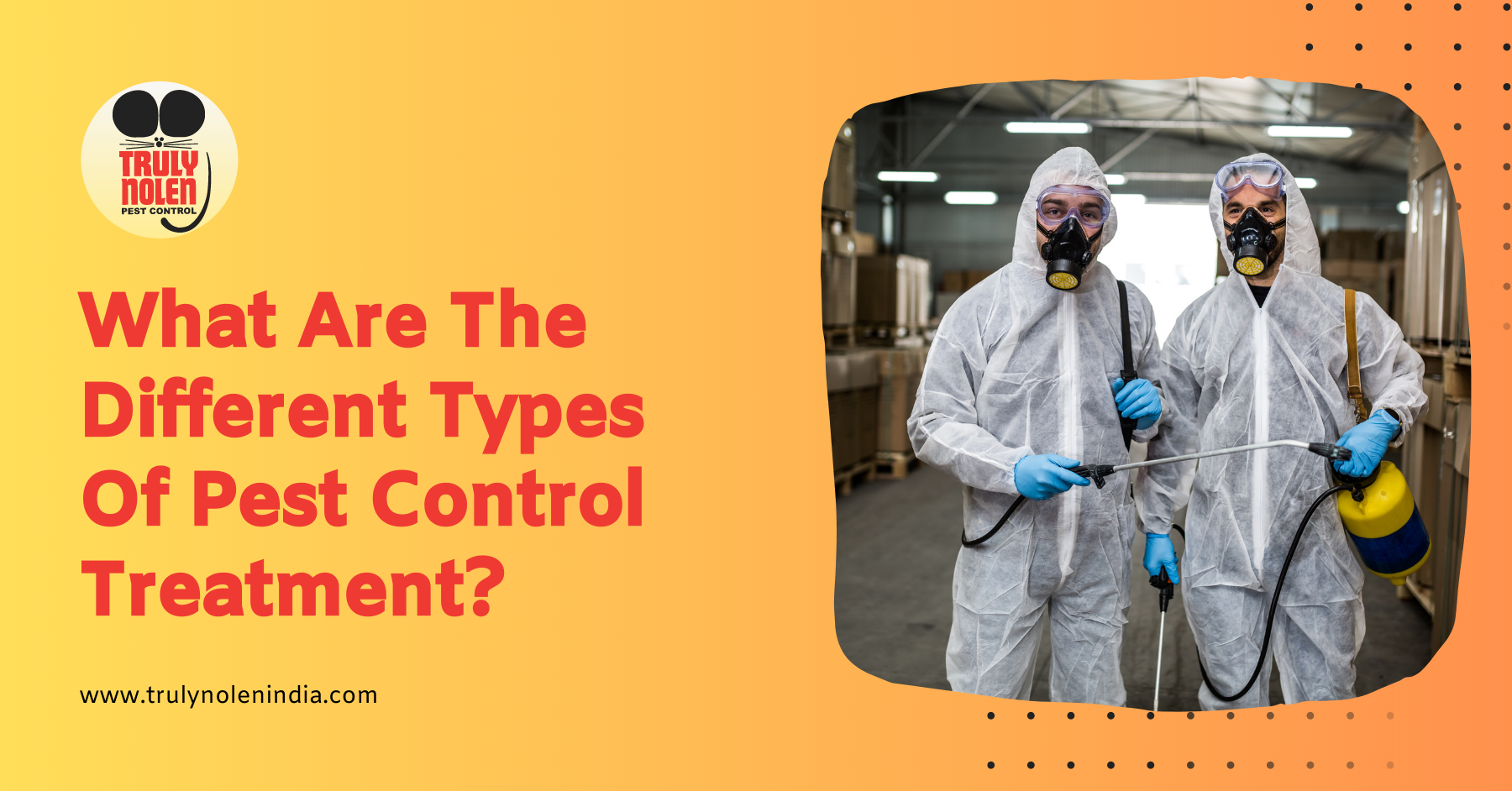Pest Control Fundamentals Explained
Table of ContentsThe smart Trick of Pest Control That Nobody is Talking AboutGetting The Pest Control To WorkSome Known Details About Pest Control Little Known Questions About Pest Control.The Ultimate Guide To Pest Control
Limitations of Chemical Management Be able to evaluate insect problems, identify if administration is necessary, and make suitable suggestions using IPM methods. Be acquainted with different methods of pest management - their benefits and limitations.This phase reviews (IPM), a strategy that utilizes expertise regarding parasites and their, methods, nonchemical approaches, and pesticides to handle pest issues. Additional info concerning IPM for particular plants is consisted of in chapters that focus on those plants. Nonchemical pest control steps are emphasized in chapter 17, "Organic Horticulture." Taking care of birds and animals is covered in phase 20, "Wildlife." Handling in the backyard and garden is covered in phase 6, "Weeds." Pests in a yard or landscape may consist of insects and mites, weeds,, creatures, and birds.
Pests and weeds, however, play a duty in the. After growing a garden or developing a yard, the all-natural procedure of plant sequence starts to reestablish and nonnative plants.
What we call "insects" belong to an all-natural system at job. An ecosystem has no bugs. Just humans take into consideration particular varieties pests when they occur where they are not desired. We will be more successful in taking care of undesirable varieties when we realize that these organisms adhere to predictable patterns that we can utilize to our benefit.
Getting My Pest Control To Work
Parasites at risk to a pesticide were swiftly killed, leaving immune ones to breed and multiply. It came to be clear that pesticides alone would not resolve all bug problems.
An IPM strategy permits some degree of bugs in the environment. Parasites are much less likely to endure a program that uses numerous various approaches of decreasing their populations. Integrated insect administration was first suggested by entomologists since pests were the initial team of bugs to confirm difficult to take care of with chemicals alone.
insect and host precisely. and consider economic or aesthetic injury. A limit is the point at which action ought to be taken. a therapy strategy using mechanical, cultural, organic, or chemical controls, or a mix of these techniques. success of therapies. IPM has prolonged past bugs to administration of all pest populaces: weeds, disease organisms, and mammals.
How Pest Control can Save You Time, Stress, and Money.
Monitoring instead of eradication of parasites is the objective. An IPM plan starts with a cautious examination of each parasite invasion. Only then can one decide concerning the suitable tactics needed to subdue bug activities. The life process of the insect, feasible damages, natural opponents, and results of weather condition, to name a few aspects, are considered before a control strategy is applied - Pest Control.
Clover expanding in a lawn may be considered as an unwanted weed, however as a vegetable it is manufacturing nitrogen for the dirt and the blossoms are providing nectar to honey bees and various other. Resistance for some weeds might belong to an IPM strategy. may be consuming the leaves of a plant, however when they are recognized as the larvae of Eastern tiger swallowtail butterflies, their damage may be endured so we can take pleasure in the gorgeous butterfly.

The second most vital tool in parasite monitoring is early treatment. Reacting to issues promptly, prior to they have time to increase, calls for a much less dramatic intervention.
See This Report about Pest Control
Many safe, functional, nonchemical techniques of plant defense and parasite monitoring may lower or remove the demand to spray. Other techniques are most valuable when utilized with chemicals. To implement monitoring techniques correctly and to decrease losses, gardeners should understand the types of bugs that attack plants and recognize pest biology.

Performing a soil examination and applying just the advised quantity of plant food and lime maximizes the advantage to the plant while lessening troubles connected to excessive usage of plant food - Pest Control. Treatment the dirt with you could check here numerous inches of compost protects the plant in a number of methods: decreasing soil water loss to dissipation, decreasing weed competition, supplying nutrients, and producing an ideal environment for earthworms and microorganisms that maintain the dirt loosened for roots and damage down organic product to launch nutrients
If mulch touches the trunk, it can produce a means for voles, bacteria, and fungis to strike the plant. Do not use manure or garden compost that has actually not extensively disintegrated as a top clothing due to the fact that it can urge unwanted parasites. Research suggests that farming is damaging to dirt framework.
The Ultimate Guide To Pest Control
If tilling is considered needed, consider doing it in the fall when the life cycles of lots of bugs brings them near the surface. At the surface, parasites become exposed to the weather as well as birds and various other all-natural opponents.